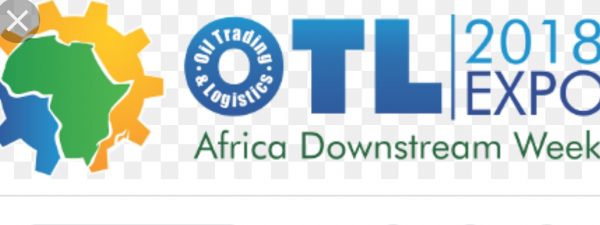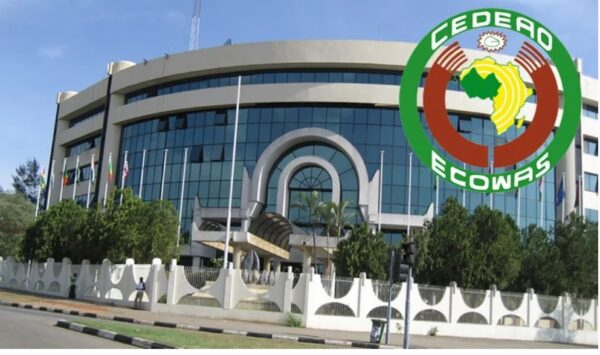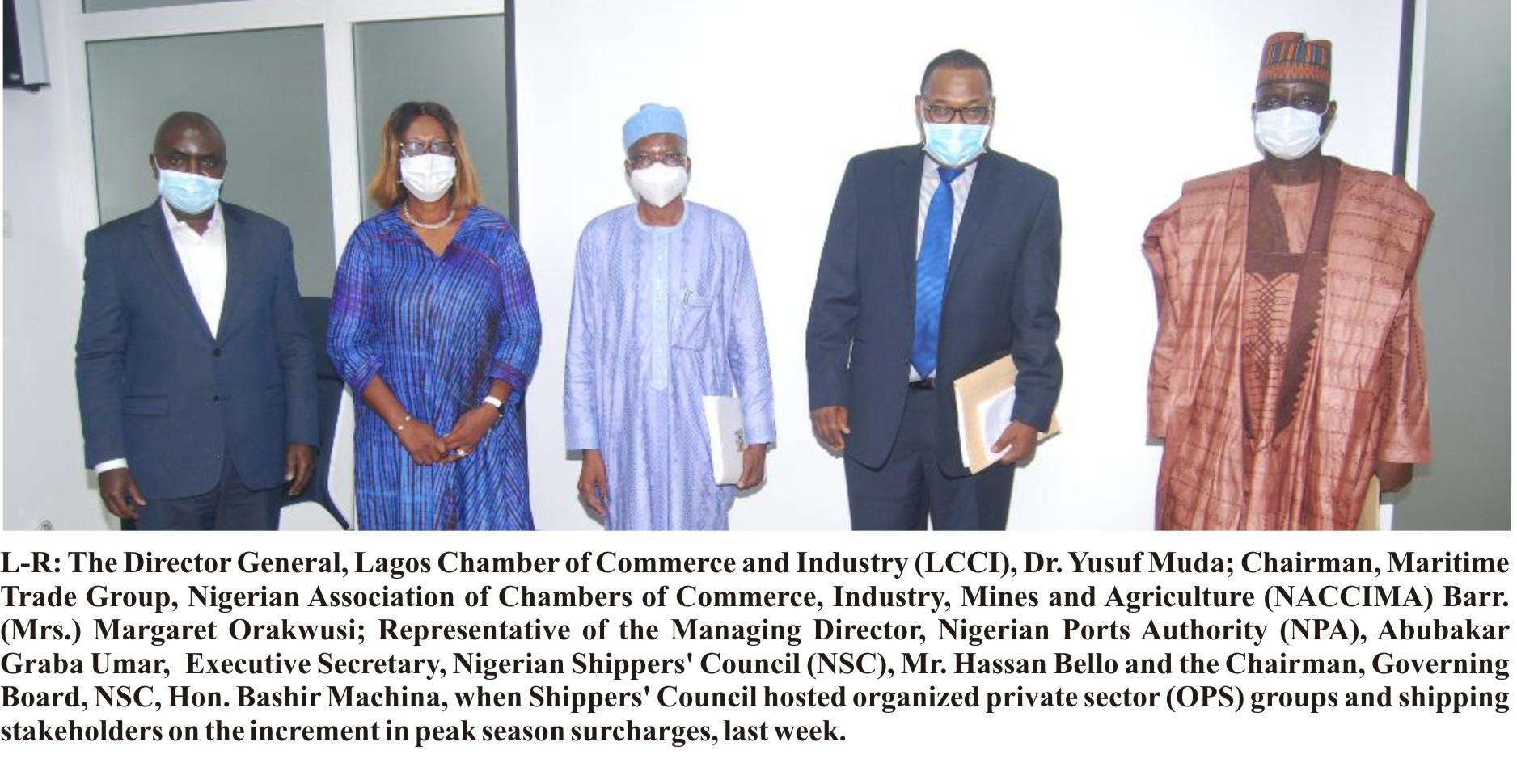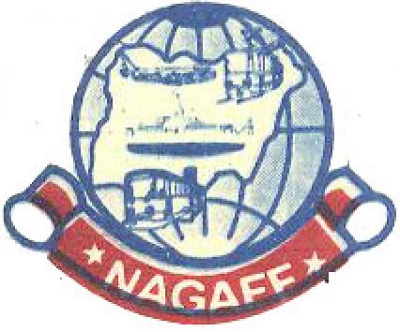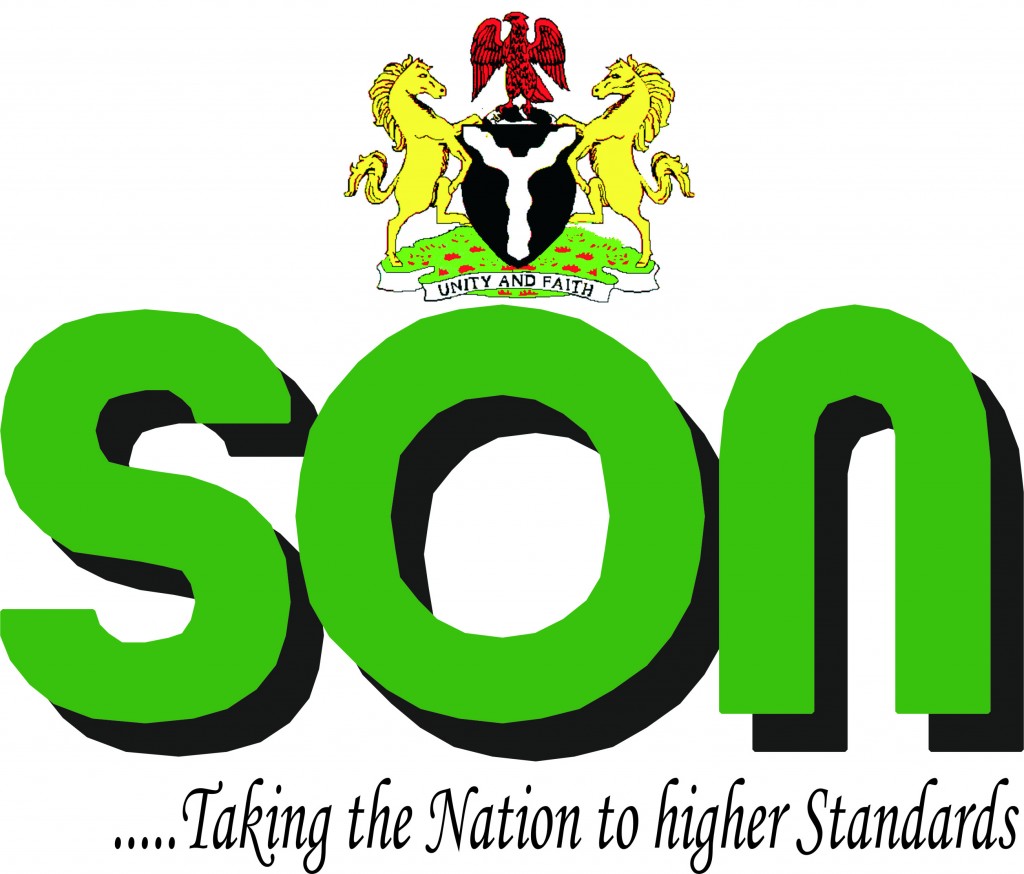NASS Resolves To Pass PIGB In 8th Assembly
…Concludes Plans To Send Bill Back To Buhari
By Kenneth Jukpor
As part of efforts to fast track the passage of the Petroleum Industry Governance Bill (PIGB) the Chairman, House of Representatives Committee on Petroleum Resources (Downstream), Joseph Akinlaja, has said the National Assembly would send the bill back to President Muhammadu Buhari soon.
The Senior Special Assistant to the President on National Assembly Matters (Senate), Ita Enang, had on August 29th, identified the provision of the PIGB permitting the Petroleum Regulatory Commission to retain as much as 10 per cent of the revenue generated as one of the reasons Buhari declined assent to the bill.
He said the President’s position was that the provision unduly increased the funds accruing to the commission to the detriment of the revenue available to the federal, states, Federal Capital Territory and local governments in the country.
“We are working on it (PIGB) and we will send it back to Mr President soon for assent. We will attend to the areas of concerns that he raised, and sent it back to him,” Akinlaja told our correspondent on the sidelines of the 12th edition of the Oil Trading and Logistics Africa Downstream Week in Lagos on Monday.
In a related development, the Senate President, Mr. Bukola Saraki on Monday this week also assured that the National Assembly would continue to mount necessary pressure to get presidential assent to the bill.
Asked what would happen if the President again fails to assent to the bill, Akinlaja said, “We have overriding power but let us attend to the issues he raised, which we have attended to and we will send it back. But if we know that in the interest of Nigeria that the passage does not come, we have other legislative powers, which we can invoke.”
Akinlaja, who spoke during a panel session, said members of the House of Representatives were working to ensure the passage of the Petroleum Industry Bill before the end of their tenure by May next year.
Following the inability of the 6th and 7th National Assembly to pass the PIB, which was initially proposed in 2008, the current National Assembly split the bill into four parts – the PIGB, Petroleum Industry Administration Bill, Petroleum Industry Fiscal Bill and Petroleum Host Community Bill — to fast-track its passage.
The first part of the bill, the PIGB, was recently passed by the National Assembly and transmitted to the President in July for his assent to enable it to become a law.
Earlier in his opening address, the Chairman, OTL Africa Downstream, Mr. Emeka Akabogu noted that global economic challenges had fuelled renewed urgency among African downstream operators to diversify operations in order to maximise the sector’s potential.
He said, “Here in Nigeria, recent market tendencies have shown appetite for some categories of investment in the downstream value chain. There have been considerable investments in retail outlet development, marine logistics platforms and storage facilities across the country, while several refinery projects that aim to balance the discrepancy caused by inadequate refining capacity on the continent are currently underway.”

